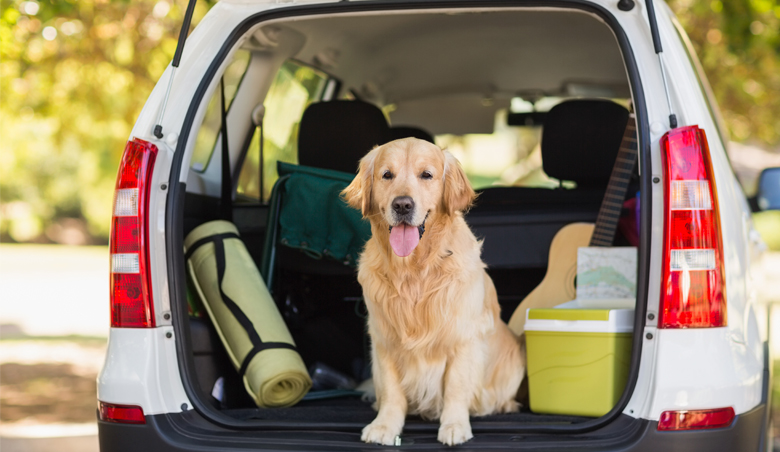
Checklist: Taking Your Dog or Cat on Holiday
Taking your dog or cat with you on holiday can be a wonderful experience. However, it requires more than just choosing a pet-friendly destination and packing your pet's essentials.
Going on holiday with your loyal four-legged friend, there’s nothing better. But what should you think about when travelling with your dog or cat? On this page, you will find all the information you need about preparations, entry requirements, parasite protection, and safe travel with your pet.
Also take a look at our handy checklist to make sure you don’t forget anything when packing. That way, you can enjoy a stress-free and well-prepared holiday.
If you are travelling with your dog or cat within or outside the EU, different entry requirements apply. These often include a valid European pet passport, a microchip, rabies vaccination, and in some countries, a mandatory worm treatment.
Check the entry rules of your destination country and any countries you may be travelling through. This helps avoid unpleasant surprises. The LICG website provides an up-to-date overview. Also check whether your dog is allowed to travel abroad, as certain breeds may be subject to additional restrictions.
Make sure your pet’s identification and registration via microchip is up to date and that all required vaccinations are administered on time.
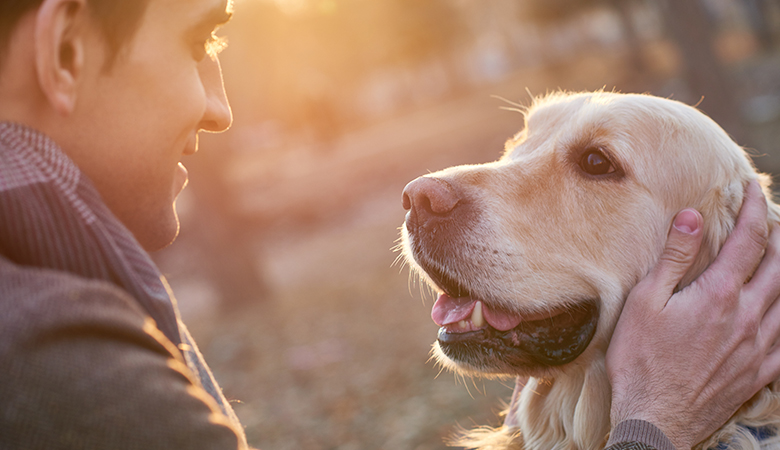
In other countries, dogs and cats may encounter parasites that are less common in the UK — including ticks, sandflies, heartworm and echinococcus. It is essential to protect your pet before and during your trip.
Use preventive products such as the Scalibor collar, Advantix or Vectra 3D to repel fleas, ticks and sandflies. See also our article on why sandflies are dangerous for dogs. Additional products can be found in our flea and tick treatment section.
Heartworm is another risk, especially in southern and eastern Europe. Treatments are available to protect your pet against this serious worm infection. For more advice, check out our guide on holiday parasite risks.
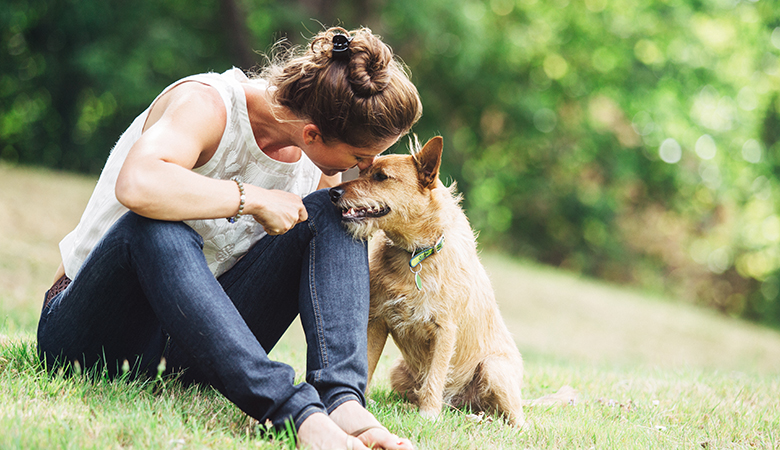
Travelling by car? Make sure your dog or cat is safely secured. In some countries, it is legally required to use a seatbelt, crate, or car barrier.
Use a suitable seatbelt harness, a sturdy travel crate, a car seat, a car blanket, or a boot barrier. If your dog has trouble getting in and out of the car, a foldable ramp is ideal. You can also read more about transporting your dog safely.
Some pets experience stress or motion sickness in the car. Calming supplements like Dr Ann’s Stress Reduction, Adaptil or Zylkene can help. If your pet is prone to travel sickness, Puur Tour may provide relief.
Never leave your pet alone in the car, not even for a short while.
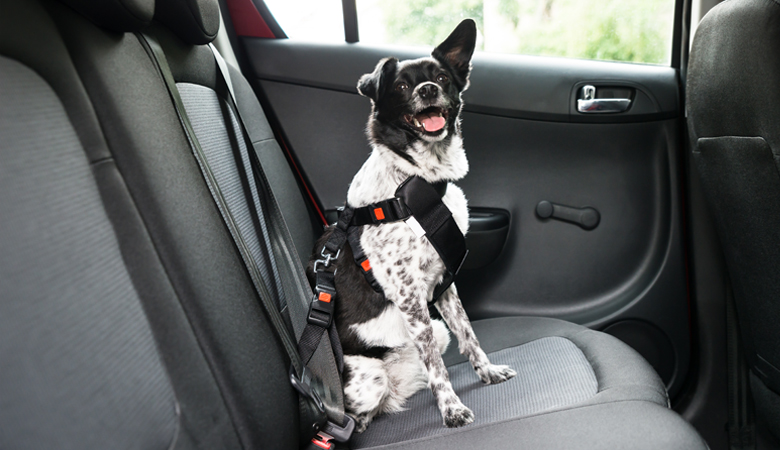
It can get very warm on holiday, especially in southern Europe. Keep a close eye on your pet and provide plenty of cool resting spots. Use a cooling mat, cooling vest or cooling bandana.
Protect sensitive skin with a pet-safe sunscreen. You can also bring a dog pool for extra cooling and fun.
Read our tips for dogs in warm weather and how to keep your pet cool.

In most countries, dogs are allowed if you follow the rules. Some breeds may not be permitted, so check well in advance.
If your dog is used to car travel, several hours are possible as long as you take breaks and provide water, food, and cooling.
Switzerland, Germany, Italy, Norway, Spain, Austria, and Croatia are known to be dog-friendly travel destinations.
The law states you must not be distracted while driving. In some countries, a seatbelt, crate or barrier is mandatory. Check the rules before you go.
For travel within the EU, you need:
This depends on the country. In some places, a muzzle is mandatory in public areas. Check the regulations on the LICG website.
Small pets (up to 8 kg) can travel in the cabin in an approved carrier under the seat. Larger pets travel in the hold. Check with your airline and embassy for specific rules.
Use our holiday checklist for essentials like a first aid kit, cooling mat, tick remover, and appropriate transport gear.
Not all pets enjoy travelling. Sometimes it’s better to leave them in a familiar environment. Use our checklist to make sure you don’t forget anything.
If you have questions about travelling with your dog or cat, or if you are unsure which protection is best, please contact our veterinary team at veterinarian@vetsend.co.uk. We are happy to help you.

Taking your dog or cat with you on holiday can be a wonderful experience. However, it requires more than just choosing a pet-friendly destination and packing your pet's essentials.

Taking your dog on holiday is, of course, great fun, but there are a number of important things to consider. Many holiday destinations have diseases that are spread by mosquitoes, ticks or flies, which don’t survive in the Dutch climate — but are common in the warmer regions of Europe. That’s why it’s essential to protect your dog against these parasites if they’re coming along on your trip.
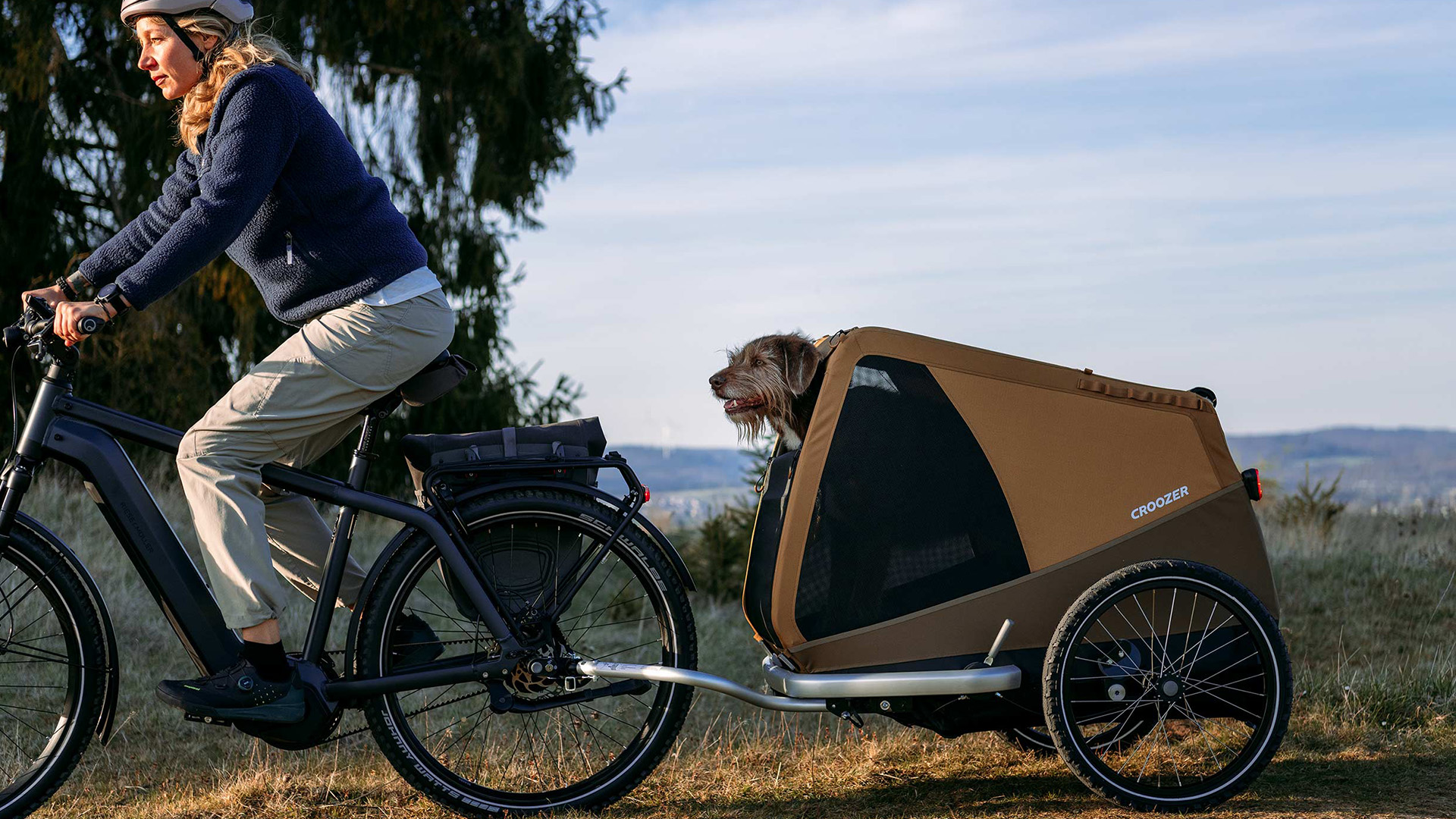
Cycling with your dog is a great way to be active together, but is it allowed in every country? Whether you're going on holiday, moving abroad, or just curious about the rules, here you’ll find everything about the legislation on cycling with your dog.
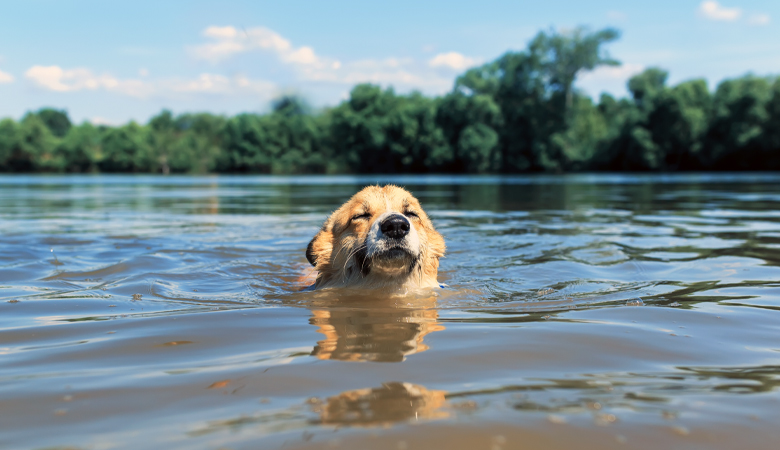
What could be better than heading to the water with your dog on a warm day? Swimming is a fantastic and healthy way to cool off. But not every location is suitable for dogs, and there are a few important safety considerations to keep in mind. In this article, you'll find 7 essential tips for safe and enjoyable swimming with your four-legged friend.
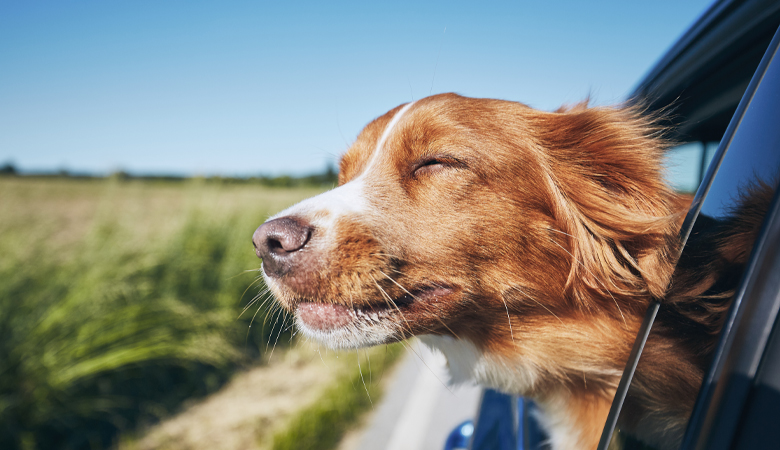
Summer is wonderful, but hot days can pose risks for your dog. Many owners wonder: when is it too hot to walk my dog? Or: how can I tell if my dog is too hot at home? In this article, we share practical tips to help you keep your dog cool and explain how to prevent heatstroke in dogs.

During the summer, pets very easily get too hot. To prevent overheating, you should find ways to cool down your pet. In this article we will give you some tips to ensure your pet stays cool on warm days.

Add products to view your basket
We use cookies to help us serve you better and more personally. Functional cookies ensure that the website works properly and have an analytical function. We also use technology to track your behaviour anonymously, both inside and outside our website. Personal data and cookies may be used for personalisation or advertising. Want to know more? Read our privacy policy and cookie statement here. If you choose to reject, we will only place functional and analytical cookies.
